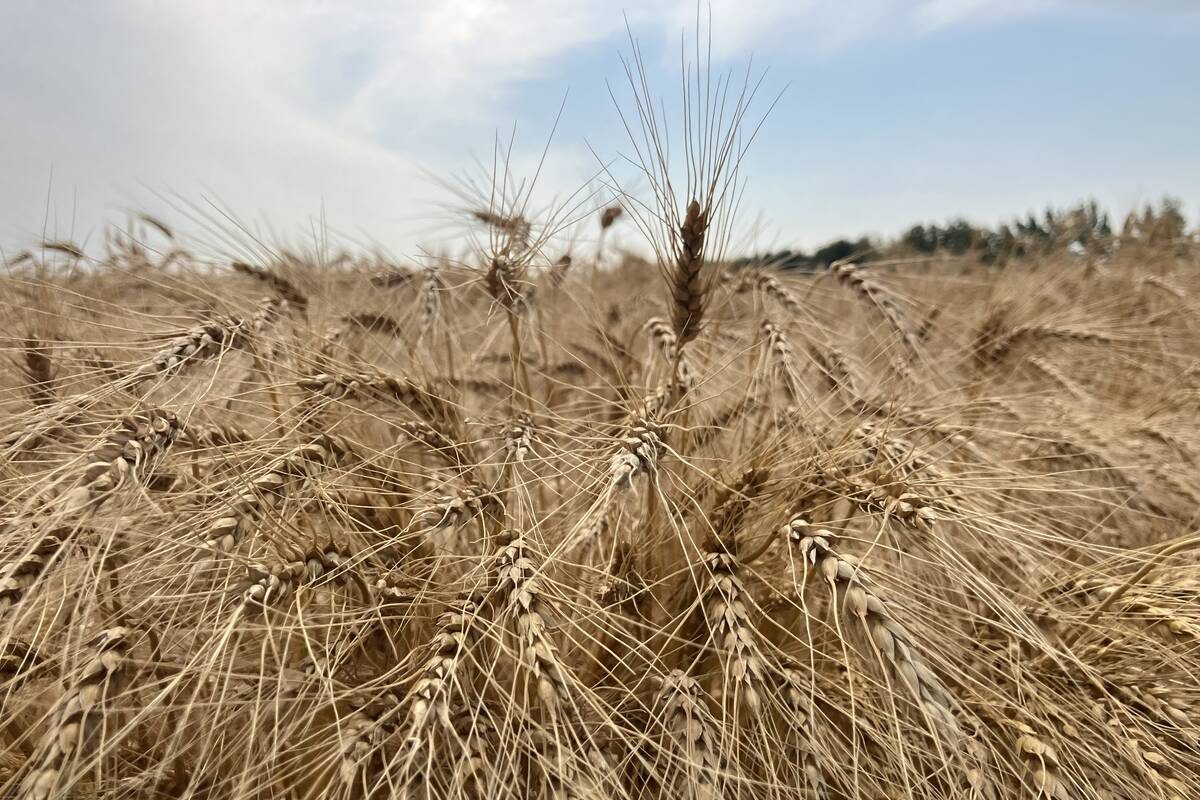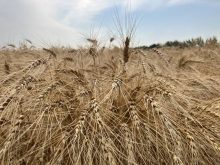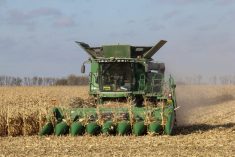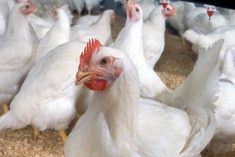Paris | Reuters — This year’s soft wheat crop in France, the European Union’s biggest producer, is expected to rise to 33.40 million metric tons, up 30 per cent from a rain-hit harvest last year, Argus Media said on Tuesday.
That would still be well below the average 2017-2023 level of 34.96 million tons, it said in a statement.
Why it matters: France is a major wheat exporter.
While the national yield improved to 7.44 tonnes per hectare, 3.4 per cent above the 2017-2023 average, the smaller cultivated area of 4.49 million hectares (11.10 million acres) weighed on overall production, Argus said.
Read Also
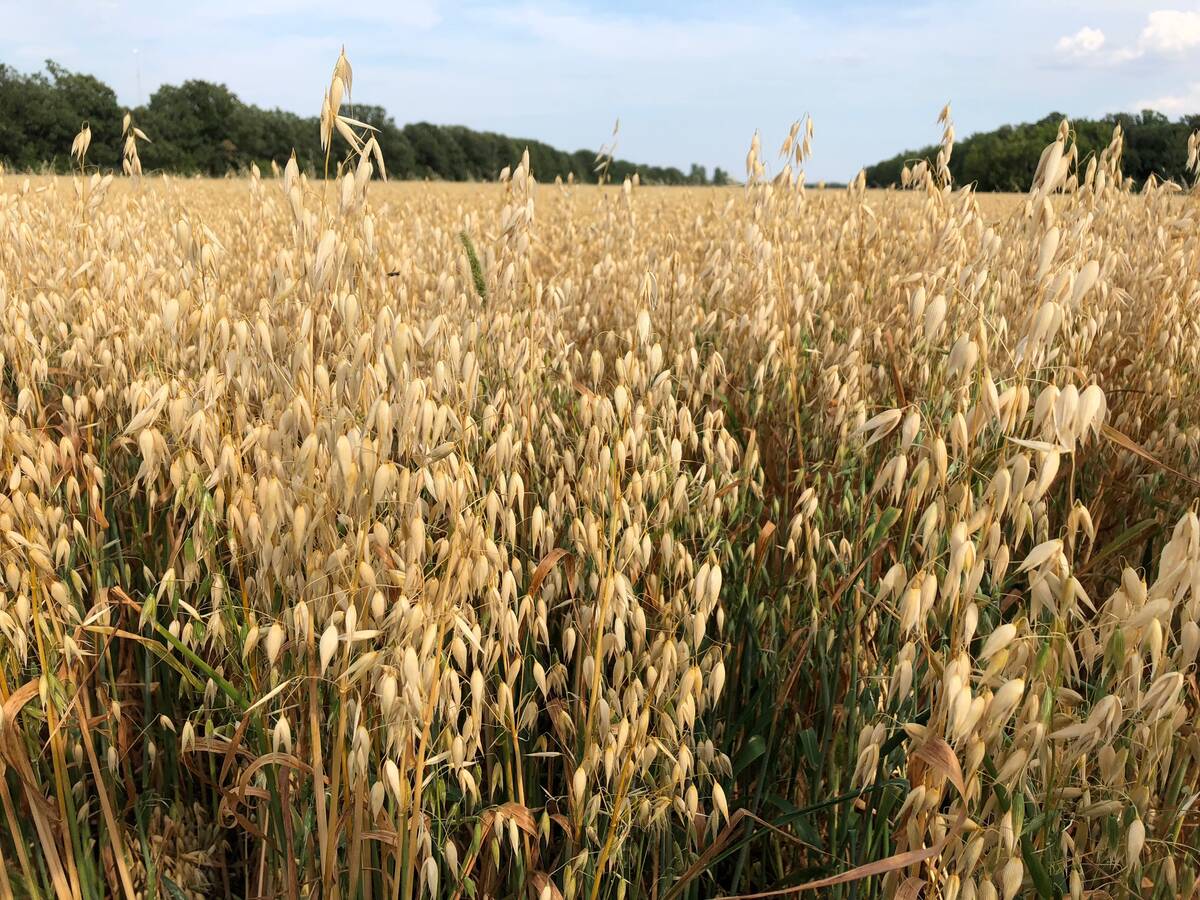
Big oat crop in 2025/26 pointing to less acres next year
Oat acres in Canada are likely to recede this spring with cash prices to remain low, said Scott Shiels, grain procurement manager for Grain Millers Canada in Yorkton, Sask.
Analysts and traders have been expecting French production of soft wheat to rebound sharply this year after a disastrous harvest in 2024.
The French farm ministry last week pegged the country’s 2025 soft wheat production at 32.6 million metric tons, up 27 per cent from last year and in line with market expectations.
France’s wheat crop had faced excessive winter rains and mixed spring weather. Despite improved rainfall in May and favorable sunlight during flowering, grain filling was constrained by hot weather in June.
The quality of the 2025 crop will meet export standards, with most protein levels exceeding 11 per cent, good specific weight and low humidity levels, Argus said.
Argus’ estimate was based on a survey carried out on July 17-22.
— Reporting by Sybille de La Hamaide

